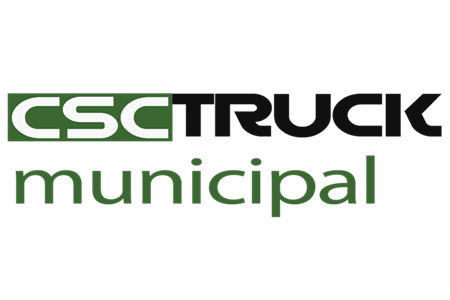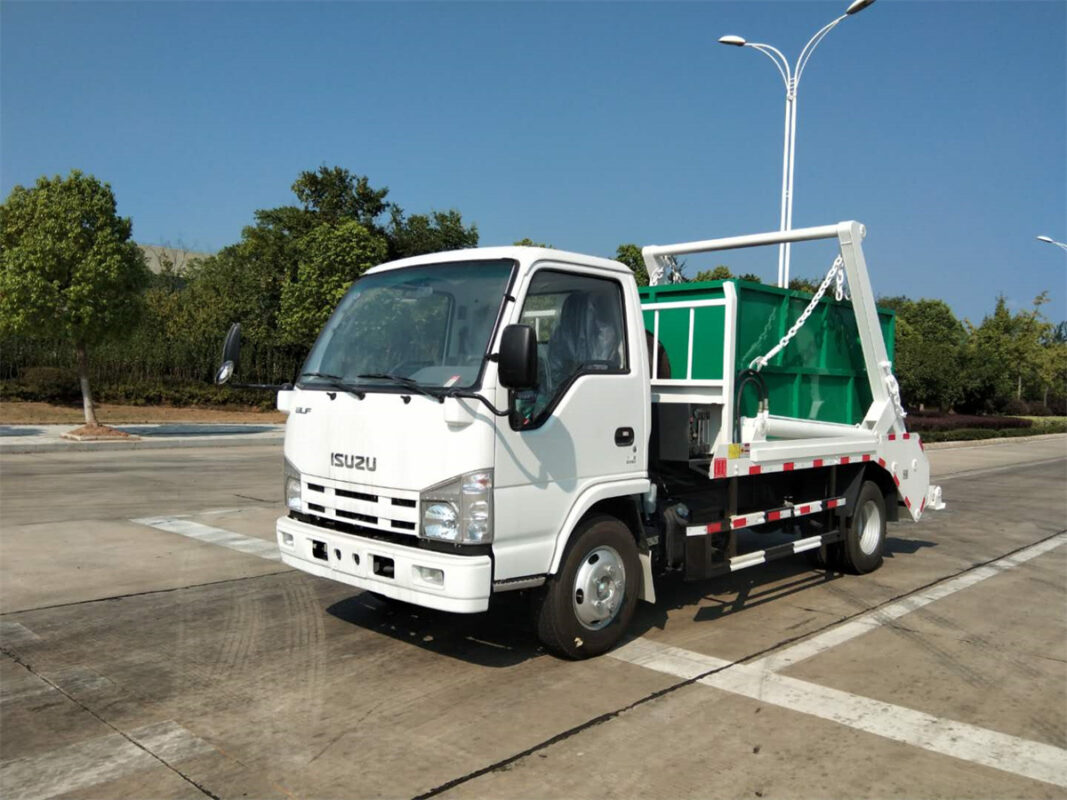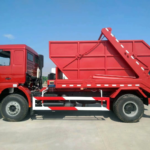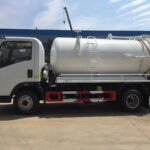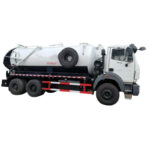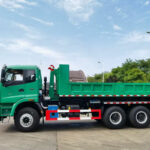Skip loader garbage trucks have become a cornerstone in waste management, particularly for handling large-scale waste collection in both urban and industrial settings. These trucks are designed with versatility and efficiency in mind, offering a flexible solution for collecting and transporting vast quantities of waste in a single operation. This comprehensive guide explores the design, functionality, operational benefits, and impact of skip loader garbage trucks on modern waste management practices, examining why they are increasingly the vehicle of choice for municipalities and waste management companies.
Overview of Skip Loader Garbage Trucks
What is a Skip Loader Garbage Truck?
A skip loader garbage truck is a specialized waste collection vehicle equipped with hydraulic arms and a large, removable skip or container that can be easily loaded onto the truck for transportation. Unlike other garbage trucks that are limited by fixed compartments, skip loaders are designed to handle various sizes of skips, making them incredibly versatile for both residential and industrial waste collection. The ability to replace and transport multiple skips across different locations enhances the truck’s efficiency in large-scale waste operations.
Why Choose Skip Loaders for Waste Collection?
Skip loader garbage trucks are ideal for waste management operations where flexibility and large-scale waste collection are essential. Their design allows them to serve multiple locations efficiently, as the skips can be pre-positioned at different sites and filled over time. Once full, the skip loader can simply collect the skip and transport it to a waste disposal or recycling facility. This operational advantage minimizes downtime and maximizes productivity, making skip loader trucks a preferred option for high-volume waste collection tasks.
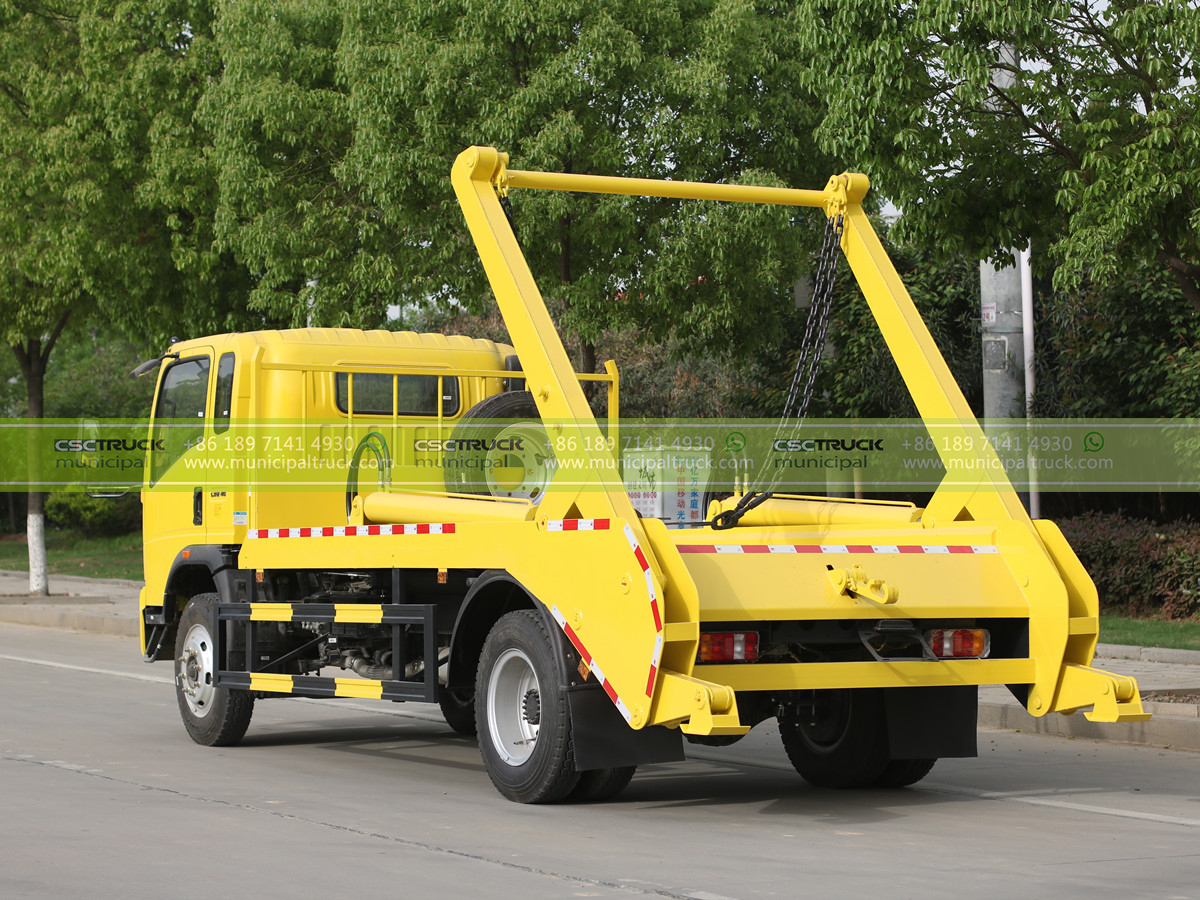
Key Design Features of Skip Loader Garbage Trucks
1. Hydraulic Arm Mechanism
Hydraulic Loading and Unloading
The hydraulic arm mechanism is one of the most critical components of a skip loader garbage truck. These arms are designed to lift heavy skips filled with waste effortlessly, using hydraulic pressure to handle loads that would otherwise be impossible to move manually. The hydraulic system is robust and reliable, allowing the truck to manage skips of various sizes and weights with ease. This system also simplifies the loading and unloading process, reducing the amount of manual labor required and increasing overall efficiency.
Precision Control
Modern skip loaders are equipped with advanced hydraulic control systems that enable precise handling of skips, ensuring that they are securely loaded and transported. These controls allow the operator to fine-tune the movement of the hydraulic arms, reducing the risk of accidents or damage during loading and unloading. This level of precision is especially important in urban environments, where space is often limited, and skips need to be handled with care to avoid obstructing traffic or damaging property.
2. Interchangeable Skips
Versatility of Skip Sizes
One of the standout features of skip loader garbage trucks is their ability to handle skips of different sizes. From small skips used in residential settings to larger industrial skips, the truck’s design allows for the easy swapping and transport of various containers. This versatility ensures that the truck can be used in a wide range of waste collection scenarios, from small municipal truck cleanups to large-scale industrial waste disposal. The ability to use different skip sizes makes these trucks highly adaptable, catering to diverse waste management needs.
Durable Skip Construction
The skips used in skip loader trucks are typically constructed from heavy-duty materials such as reinforced steel or high-strength aluminum, ensuring that they can withstand the rigors of heavy loads and harsh environmental conditions. These skips are designed to resist wear and tear, ensuring longevity and reducing the need for frequent replacements. Furthermore, the skips are often equipped with reinforced edges and bases to handle the pressure of being loaded with heavy waste, ensuring they remain stable and functional even after repeated use.
3. Strong Chassis and Frame
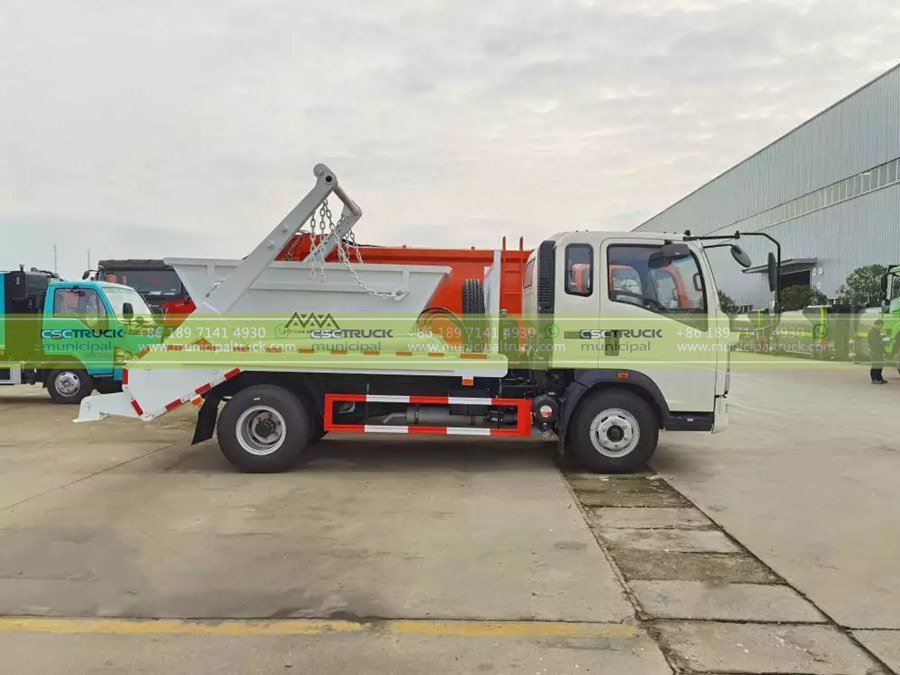
High Load-Bearing Capacity
Skip loader garbage trucks are built on strong, reinforced chassis that can support the weight of fully-loaded skips. The chassis is designed to distribute weight evenly, ensuring that the truck remains stable and safe during transport. The frame is typically constructed from high-grade steel, which provides the necessary durability to handle the constant stress and strain of lifting and carrying heavy loads. This robust construction is critical for ensuring that the truck can perform reliably over long periods, even in demanding waste collection environments.
Suspension System
The suspension system in skip loader trucks is specifically designed to handle the uneven weight distribution that can occur when carrying skips. This system ensures a smoother ride, even when the truck is heavily loaded, minimizing the wear and tear on both the vehicle and the skips. The heavy-duty suspension helps to absorb the impact of rough terrain or potholes, reducing the risk of damage to the truck or its load.
Operational Benefits of Skip Loader Garbage Trucks
1. Enhanced Efficiency in Waste Collection
Multiple Skips for Increased Productivity
One of the most significant operational benefits of skip loader garbage trucks is their ability to work with multiple skips simultaneously. Skips can be strategically placed at different locations, allowing waste to be collected and stored over time. Once the skips are full, the truck can easily pick them up, transport the waste to a disposal site, and return to collect another skip. This method eliminates the need for multiple trips to a single location, thereby increasing overall efficiency and reducing fuel consumption.
Faster Turnaround Time
The hydraulic arm system used in skip loader trucks ensures that loading and unloading are quick and efficient, significantly reducing the time spent at each waste collection site. This faster turnaround time allows waste management companies to serve more clients in a single day, improving overall productivity. The ability to swiftly swap out skips also means that waste collection operations can continue without interruption, even during peak collection periods.
2. Cost-Effective Waste Management Solution
Reduced Labor Costs
Skip loader garbage trucks are designed to minimize the amount of manual labor required for waste collection. The hydraulic arms handle the heavy lifting, reducing the need for workers to physically move skips or load waste into the truck. This reduction in manual labor not only lowers operational costs but also reduces the risk of workplace injuries, contributing to a safer and more efficient working environment.
Fuel Efficiency
By minimizing the need for multiple trips to a waste disposal facility, skip loader trucks help reduce fuel consumption, making them a more cost-effective option for waste management companies. The ability to transport large volumes of waste in a single trip means that fewer resources are required to complete waste collection tasks, contributing to overall savings in operational costs. Additionally, many modern skip loader trucks are equipped with fuel-efficient engines, further reducing their environmental impact and operational expenses.
3. Versatility Across Waste Types
Suitable for Various Waste Categories
Skip loader garbage trucks are versatile enough to handle a wide variety of waste materials, including general household waste, construction debris, and industrial waste. The ability to transport different types of waste in separate skips allows for more efficient sorting and disposal at waste management facilities. This versatility makes skip loader trucks an ideal solution for companies that need to manage multiple waste streams simultaneously.
Adaptability in Different Environments
Skip loader trucks are designed to operate in a variety of environments, from dense urban areas to more remote industrial sites. Their compact design allows them to navigate narrow streets and confined spaces, while their powerful hydraulic arms enable them to handle large loads in industrial settings. This adaptability makes them a flexible solution for a wide range of waste collection scenarios, ensuring that they can be used effectively in both residential and commercial waste management operations.
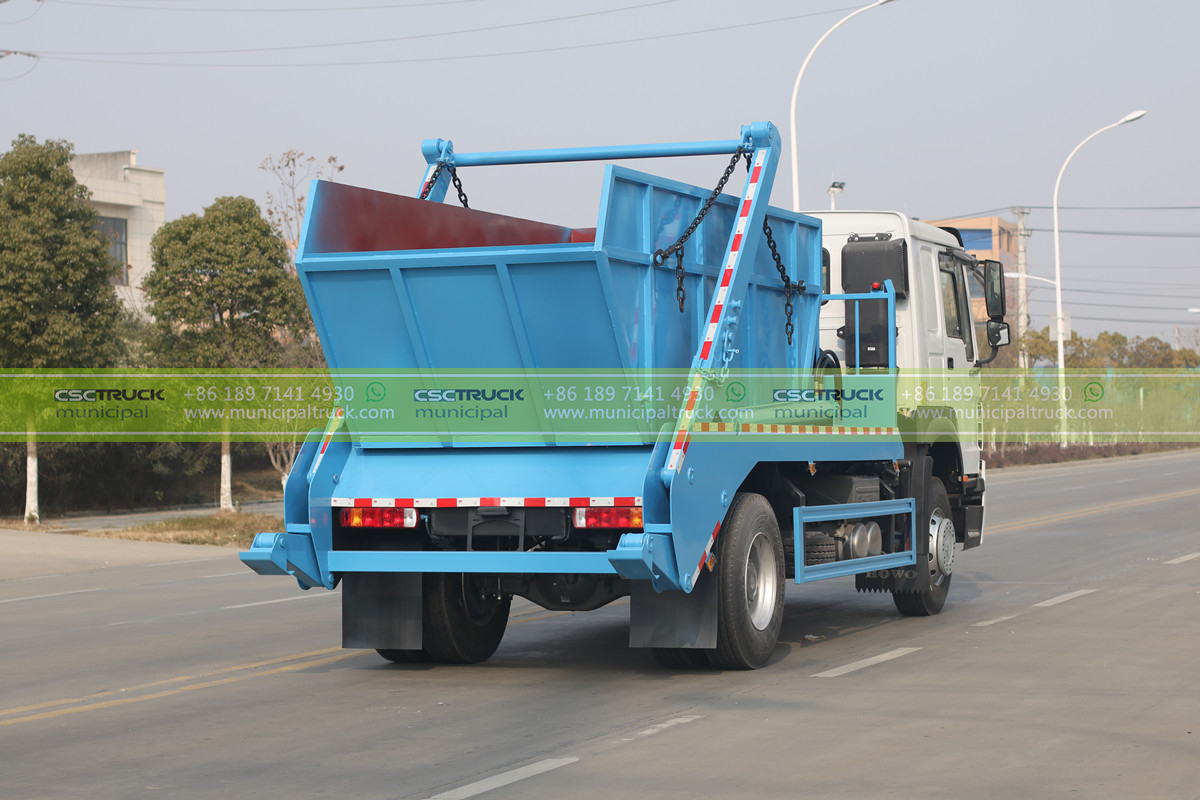
Environmental Impact of Skip Loader Garbage Trucks
1. Reducing Carbon Footprint
Fewer Trips, Less Emissions
By enabling the transportation of large volumes of waste in a single trip, skip loader garbage trucks help reduce the number of trips required for waste collection, thereby lowering overall fuel consumption and emissions. This reduction in carbon emissions is critical for waste management companies looking to improve their environmental performance and comply with increasingly stringent environmental regulations.
Use of Eco-Friendly Engines
Many skip loader trucks are now equipped with environmentally friendly engines that meet the latest emissions standards. These engines are designed to produce fewer harmful emissions while maintaining high levels of performance, contributing to a cleaner, more sustainable waste management industry. The use of eco-friendly engines not only helps to reduce the environmental impact of waste collection operations but also ensures that companies can meet their sustainability goals.
2. Efficient Waste Disposal Practices
Facilitating Recycling and Waste Segregation
Skip loader garbage trucks are particularly useful in operations where waste segregation is essential, such as in recycling initiatives. The ability to transport different types of waste in separate skips allows waste management companies to collect recyclable materials separately from general waste, facilitating more efficient recycling processes. This practice helps to divert waste from landfills, reducing the environmental impact of waste disposal and promoting a more sustainable approach to waste management.
Reducing Landfill Use
By enabling the efficient collection and transport of large volumes of waste, skip loader garbage trucks help reduce the reliance on landfills as a primary means of waste disposal. Instead, waste can be transported directly to recycling centers or waste treatment facilities, where it can be processed in a more environmentally responsible manner. This shift away from landfill use is crucial for reducing the environmental impact of waste management and promoting more sustainable waste disposal practices.
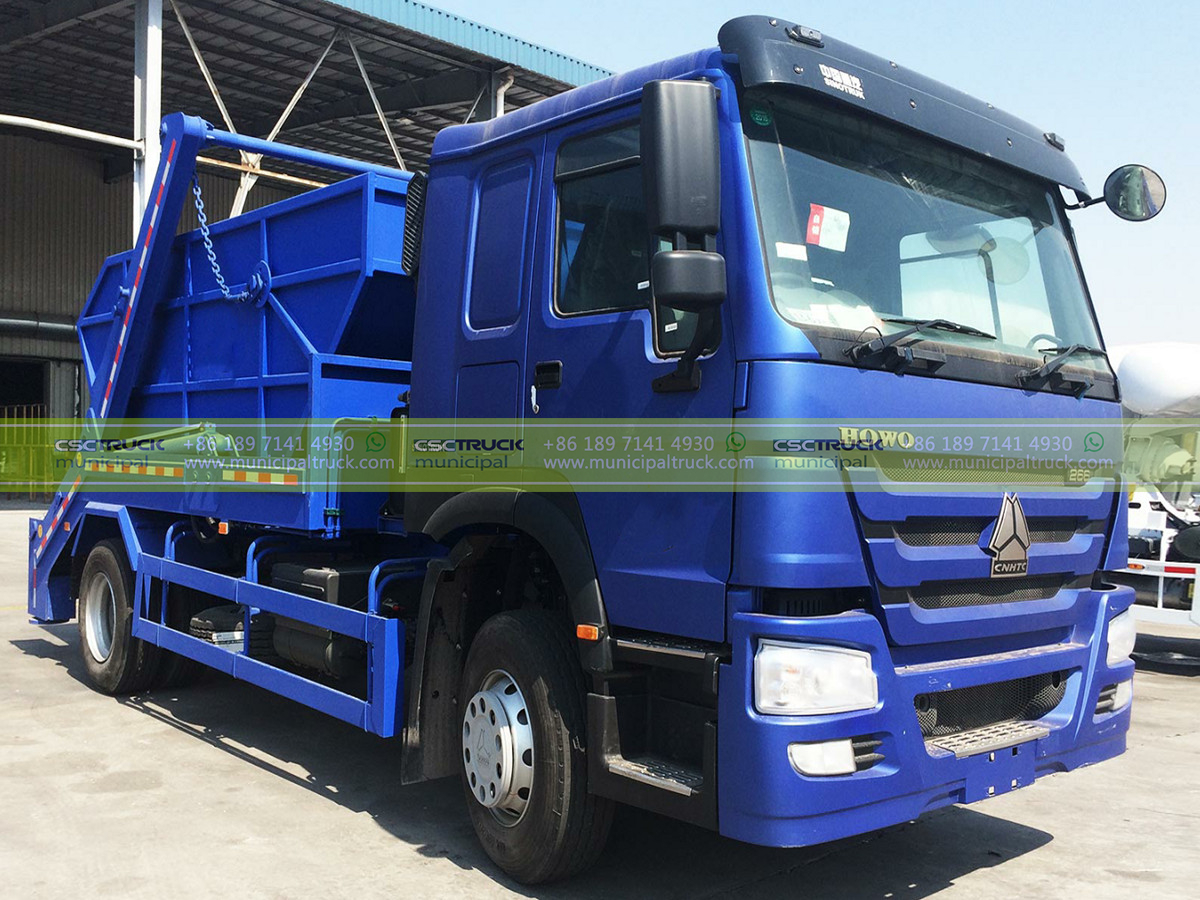
Safety and Maintenance of Skip Loader Garbage Trucks
1. Operator Safety
Advanced Safety Features
Skip loader garbage trucks are equipped with a range of safety features designed to protect operators and the public during waste collection operations. These features include hydraulic overload protection systems, which prevent the truck from lifting loads that exceed its capacity, and automatic locking mechanisms that secure the skip in place during transport. Additionally, many trucks are fitted with rearview cameras and other visual aids that enhance the operator’s visibility, reducing the risk of accidents during loading and unloading.
Training for Operators
Proper training is essential for ensuring the safe operation of skip loader garbage trucks. Operators must be trained to handle the hydraulic systems, understand weight limits, and follow safety protocols to prevent accidents and ensure the smooth operation of the vehicle. Waste management companies often invest in comprehensive training programs to ensure that their operators are well-versed in the safe and efficient use of skip loader trucks.
2. Regular Maintenance and Inspection
Ensuring Long-Term Reliability
Regular maintenance is critical for ensuring the long-term reliability of skip loader garbage trucks. This includes routine inspections of the hydraulic arms, engine, and chassis to identify any potential issues before they become serious problems. By keeping the truck in good working condition, waste management companies can ensure that their vehicles remain operational and efficient, minimizing downtime and reducing the need for costly repairs.
Importance of Hydraulic System Maintenance
The hydraulic system is one of the most important components of a skip loader garbage truck, and it requires regular maintenance to ensure optimal performance. This includes checking the hydraulic fluid levels, inspecting the hydraulic lines for leaks, and ensuring that the system is free from debris that could cause blockages. Regular maintenance of the hydraulic system helps to prevent breakdowns and ensures that the truck can continue to handle heavy loads with ease.
